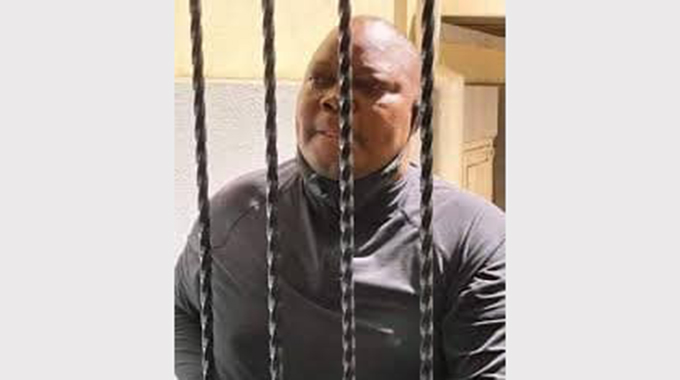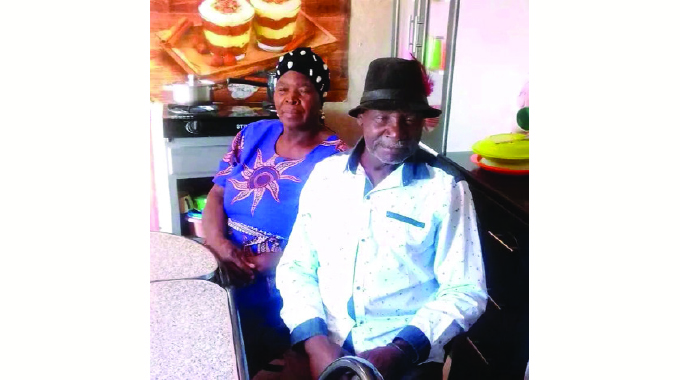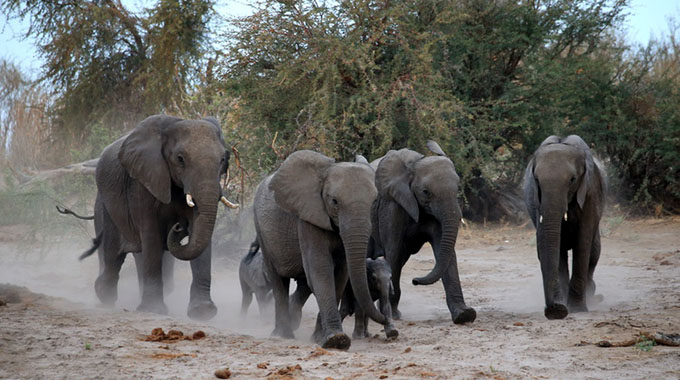Sikhala breached bail conditions before

Fidelis Munyoro-Chief Court Reporter
THE appeal for bail by Citizens Coalition for Change (CCC) interim vice-chairman Job Sikhala on the basis of changed circumstances is futile because the opposition legislator was remanded in custody for breaching his bail conditions in a previous case, the High Court ruled this week.
That set of circumstances, the breach of previous bail, has not changed and unless Sikhala applies to have previous judgments set aside, they still apply and so his application has to fail. While 14 co-accused have been admitted to bail, none of them had a judgment noting they had breached bail conditions in the past, so their successful bail applications are not a precedent for Sikhala.
The politician is facing a charge of inciting public violence, after he allegedly posted a video on social media inciting violence. It is further alleged that Sikhala mobilised members of his political party to carry out acts of violence.
Sikhala, who has a penchant for making inflammatory statements calling for violent protests in the country, has since his arrest in June last year, been denied bail three times at the magistrates’ court.
He twice appealed against the decision of that court at the High Court, and was unsuccessful, before the present appeal to the top court.
On the two occasions, Sikhala’s appeals were rejected on the grounds that the politician had violated the previous bail conditions in case B1445/20, in which he admitted before another judge, Justice Lucy Mungwari.
In the latest bail attempt, Sikhala was challenging the decision of lower courts, arguing that the changing circumstances that led to the release of his 14 co-accused entitled him to bail because they are facing similar charges, among other grounds of appeal.
The prosecution strenuously opposed the appeal on the basis that there were no changed circumstances for Sikhala to compel the court to release him on bail. It was also the prosecution’s submission that since Sikhala breached previous bail conditions, he should be treated differently from his co-accused.
In his judgment made available this week, Justice Samuel Deme alluded to two previous judgments that made a finding that Sikhala breached the conditions of bail.
Sikhala, through his legal counsel, sought to explain that the actual words uttered could not be construed to be inciting violence. He also sought to explain that the words allegedly uttered were not posted by him, arguing that the audio in question was posted by ZimLive on its media platform.
These arguments, Justice Deme ruled, could not take Sikhala’s case any further in light of the two judgments which had held that the politician breached his bail conditions. He said the most appropriate remedy for Sikhala was to take steps to have the two judgments set aside.
It was also the court finding that Sikhala failed to establish the basis for interference with the decision of the magistrates and High Court judges.
“By his own admission…the appellant breached bail conditions imposed by the court under case number B1445/20,” said Justice Deme.
“…there are two judgments by this court which made a finding that the appellant breached the bail conditions. Such judgments are still extant. The appellant had not taken any single step to have such judgments set aside.
“The appellant should have no one except himself to blame for failure to take appropriate steps to have the two judgments set aside.”
To this end, the judge said he had no reason to change the decision and threw out the appeal by Sikhala.
The law on bail is very clear. Once bail is denied that is it. One can only make another application if new circumstances or facts come up.
But generally it is pointless to go back to the same court with a bail application on the same facts. A court is not allowed to change its decision as long as it is dealing with the same facts.
It has been held in many case laws that the power of the higher court to interfere with the decision of the lower court in an application for bail is limited to instances where the manner in which the court of the lower rank exercised its discretion is so unreasonable as to vitiate the decision made.
Another basis for interference with the decision of the lower court should be the existence of a misdirection occasioning a substantial miscarriage of justice by the lower court.
On his part, Sikhala bore the onus to show evidence convincing the court that exceptional circumstances existed which in the interest of justice permitted his release.
Even if the court accepts that there are new circumstances or changed circumstances, the court is still obliged to consider all the facts before it, new and old and on that basis decide whether Sikhala is a good candidate for bail.
And after a painstaking analysis of surrounding facts and circumstances of the matter, Justice Deme came to the conclusion that there was no misdirection on the part of the lower court in its dismissal of Sikhala’s application for bail on changed circumstances. The appeal lacked merit, hence it was tossed out.









Comments